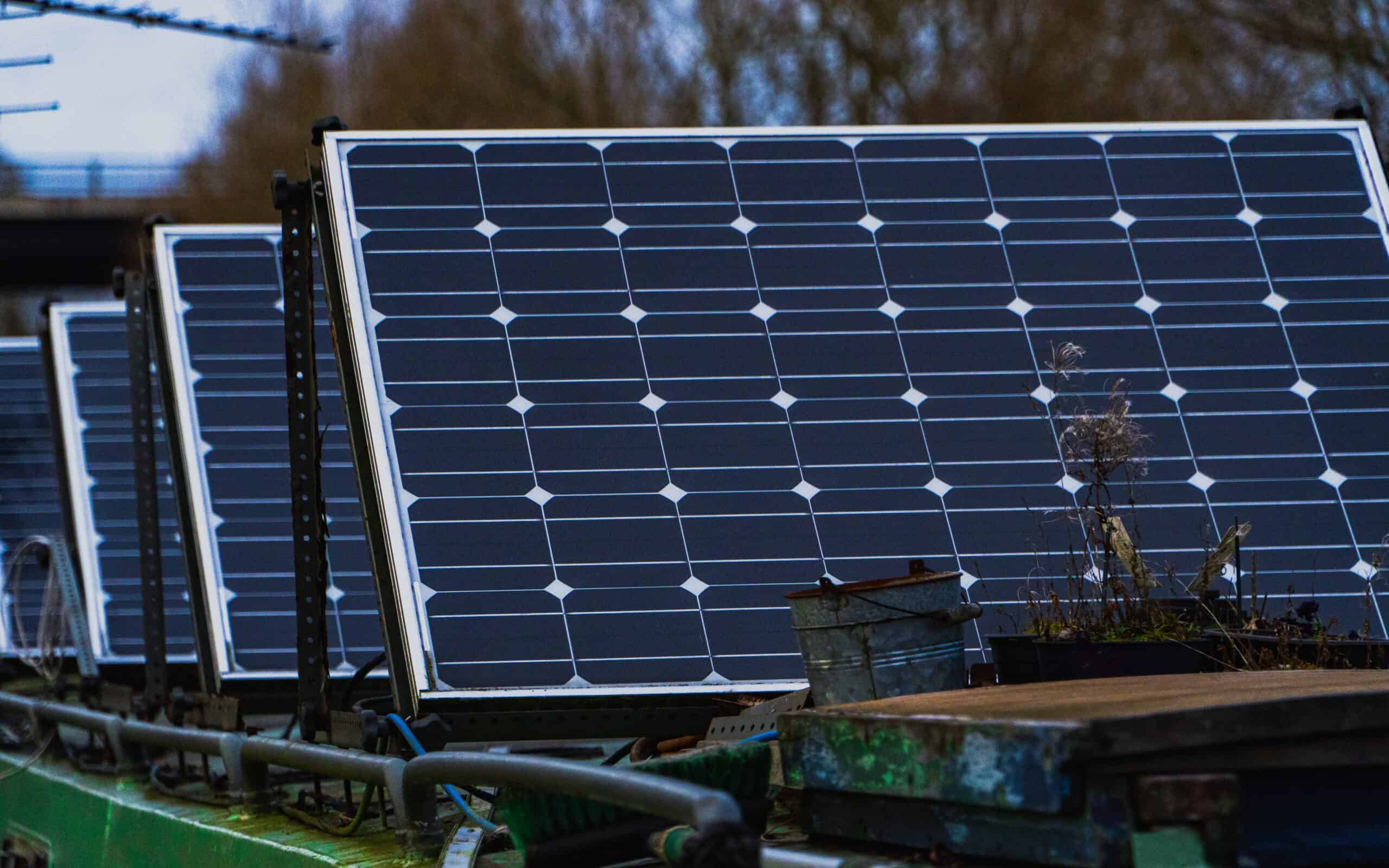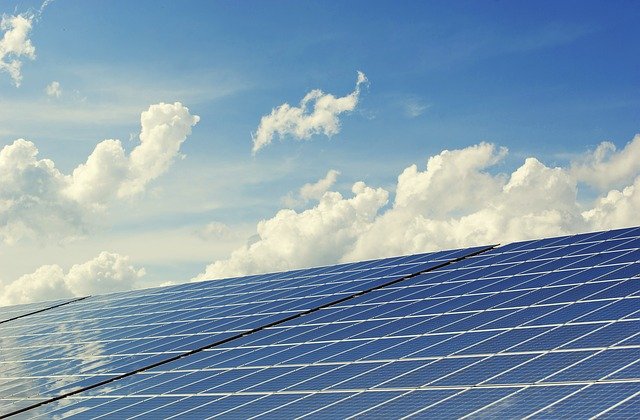
The benefits of installing your own DIY solar panel system are numerous. While this will save you money, it can also be tedious and time-consuming. Consider these pros and con's before you make a decision to try this option. Here are some of these main benefits and disadvantages to installing solar panels yourself. These tips should help you choose the right option for you.
Cost of DIY solar panels
Putting up your own DIY solar panel system can save you money, but there are several things to keep in mind when figuring out the cost. The first thing you need to do is choose the type of solar cell you wish to use. Mono-Crystalline varieties are best because they can produce more current. Also, they are more expensive than poly-cells, so you should always consider that when comparing costs.

Time-consuming installation
DIY solar projects may be a cost-saving option, but there are some drawbacks. It can also be costly and time-consuming. Depending on the size of the panel, you may need to hire professionals to install it properly. Additionally, research is necessary in order to gather the right materials. DIY projects are often incomplete and can cause additional problems later. DIY solar panels are not the best choice if your goal is to go completely off-grid.
Interconnections: Cost
Installing DIY solar panels will require interconnections. Costs will vary depending upon the size of the project, labor requirements, and your perceptions about what is needed. PSE is a public service company that aims to make DIYers' lives easier. The company has expanded their training programs and removed several steps to streamline the process. But, there are still some challenges.
Cost of building permits
Before you can install DIY panels of solar power, you must obtain the necessary building permits. These permits are issued to local authorities to ensure that the installation of solar panels complies with local building codes. Each state is subject to its own rules. It is best to speak with an expert if you have any questions about your state's building codes. An all-in-one kit from a provider of solar energy is the best way for you to save money on building permits.

Cost of battery storage
Consider the cost to store your battery backup when you install DIY solar panels. The cost of lithium-ion batteries is usually between $4,000 to $11,000 per kilowatt hour. However, larger batteries may cost as much as $30,000. The size and kilowatt hour capacity of the batteries will determine the price of battery storage. The cost of a battery storage unit will increase if it has more capacity.